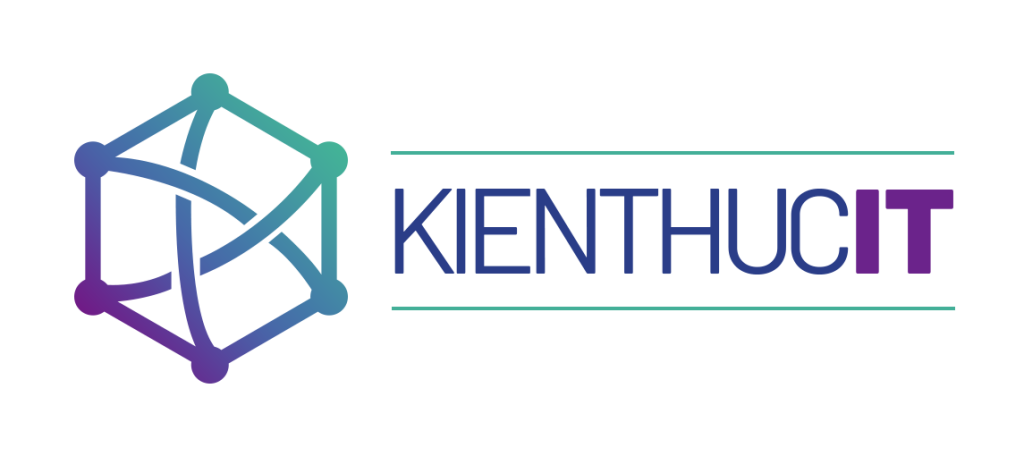Understanding Information Portals
Information portals serve as centralized hubs for collecting, organizing, and distributing digital resources across various sectors. In the USA, these platforms play a vital role in bridging gaps between users and knowledge access. Whether for education, business, or public services, information portals streamline the way people interact with online platforms, making complex data more accessible.
Why Information Portals Matter in Today’s Digital Age
In an era dominated by rapid technological advancements, information portals have become indispensable. They aggregate vast amounts of data from diverse sources, enabling users to find accurate and relevant information quickly. These portals enhance productivity by reducing the time spent searching for knowledge access, ultimately transforming how individuals and organizations leverage digital resources.
Key Features of Effective Information Portals
- Centralized access to multiple databases and digital resources
- Advanced search tools for efficient knowledge access
- Integration with secure online platforms for seamless user experiences
How Information Portals Improve User Experience
By consolidating information into intuitive interfaces, portals minimize confusion and enhance usability. Users benefit from personalized dashboards, real-time updates, and tailored recommendations. These features ensure that knowledge access is not only faster but also more relevant to individual needs, especially within the context of USA-based online platforms.
Types of Information Portals Commonly Used in the USA
- Government portals providing public services and policy details
- Educational portals offering academic resources and research materials
- Corporate portals streamlining internal communication and project management
Choosing the Right Information Portal for Your Needs
Selecting the appropriate portal depends on your goals, whether for personal learning, professional collaboration, or public engagement. Factors like scalability, security, and compatibility with existing systems should guide your decision. Prioritize platforms that prioritize knowledge access and integrate seamlessly with digital resources.
Security and Privacy Considerations for Users
As reliance on information portals grows, so does the need for robust security measures. Users must ensure their chosen platform employs encryption, multi-factor authentication, and compliance with data protection laws. For example, https://el-royale-online.com/ offers secure access to digital resources while maintaining user privacy.
The Role of Information Portals in Education
Education institutions in the USA increasingly use information portals to deliver course materials, track student progress, and facilitate remote learning. These platforms provide students and educators with easy access to knowledge access, fostering a more interactive and resource-rich learning environment through integrated online platforms.
Information Portals and Business Efficiency
Businesses leverage information portals to centralize operations, improve communication, and reduce redundancy. By integrating digital resources into a single interface, companies enhance decision-making and operational transparency. Such portals are critical for maintaining efficiency in today’s fast-paced economic landscape.
Trends Shaping the Future of Information Portals
Emerging trends like AI-driven personalization, blockchain for data integrity, and cloud-based infrastructure are redefining information portals. These innovations aim to improve knowledge access, strengthen security, and expand the reach of digital resources across the USA.
Challenges Faced by Information Portal Providers
Despite their benefits, providers face challenges such as ensuring data accuracy, maintaining user trust, and adapting to evolving technologies. Balancing innovation with reliability remains a key hurdle in delivering seamless experiences through online platforms.
Case Studies of Successful Information Portals
- The U.S. government’s official portal for citizen services and policy updates
- Leading universities’ portals offering open-access research and virtual classrooms
- Corporate intranets enhancing team collaboration and project tracking
How to Stay Updated with Portal Innovations
Follow industry blogs, attend webinars, and engage with communities focused on digital resources and knowledge access. Regularly reviewing updates from leading online platforms ensures you remain informed about the latest advancements in information portals.
Conclusion: Embracing the Power of Information Portals
Information portals are reshaping how the USA interacts with digital resources, making knowledge access more inclusive and efficient. As these platforms evolve, their role in education, business, and public services will only grow, solidifying their position as essential tools in the modern world.
